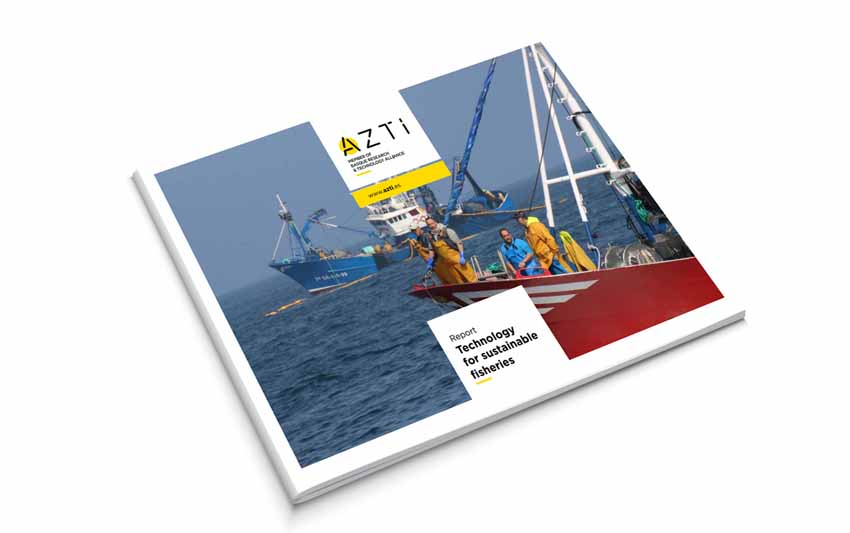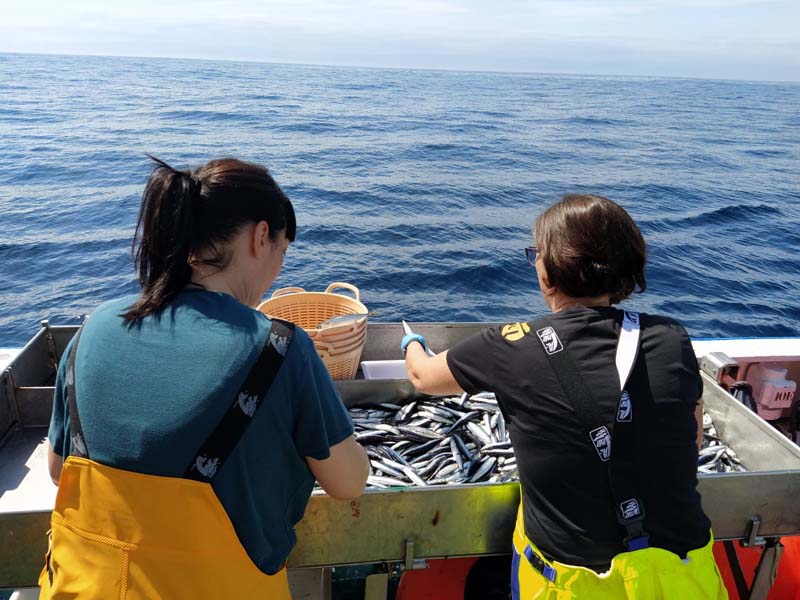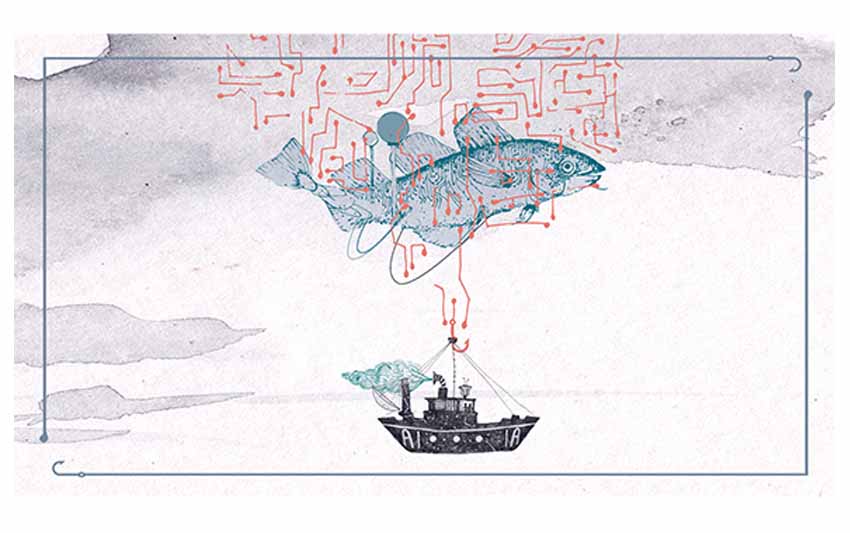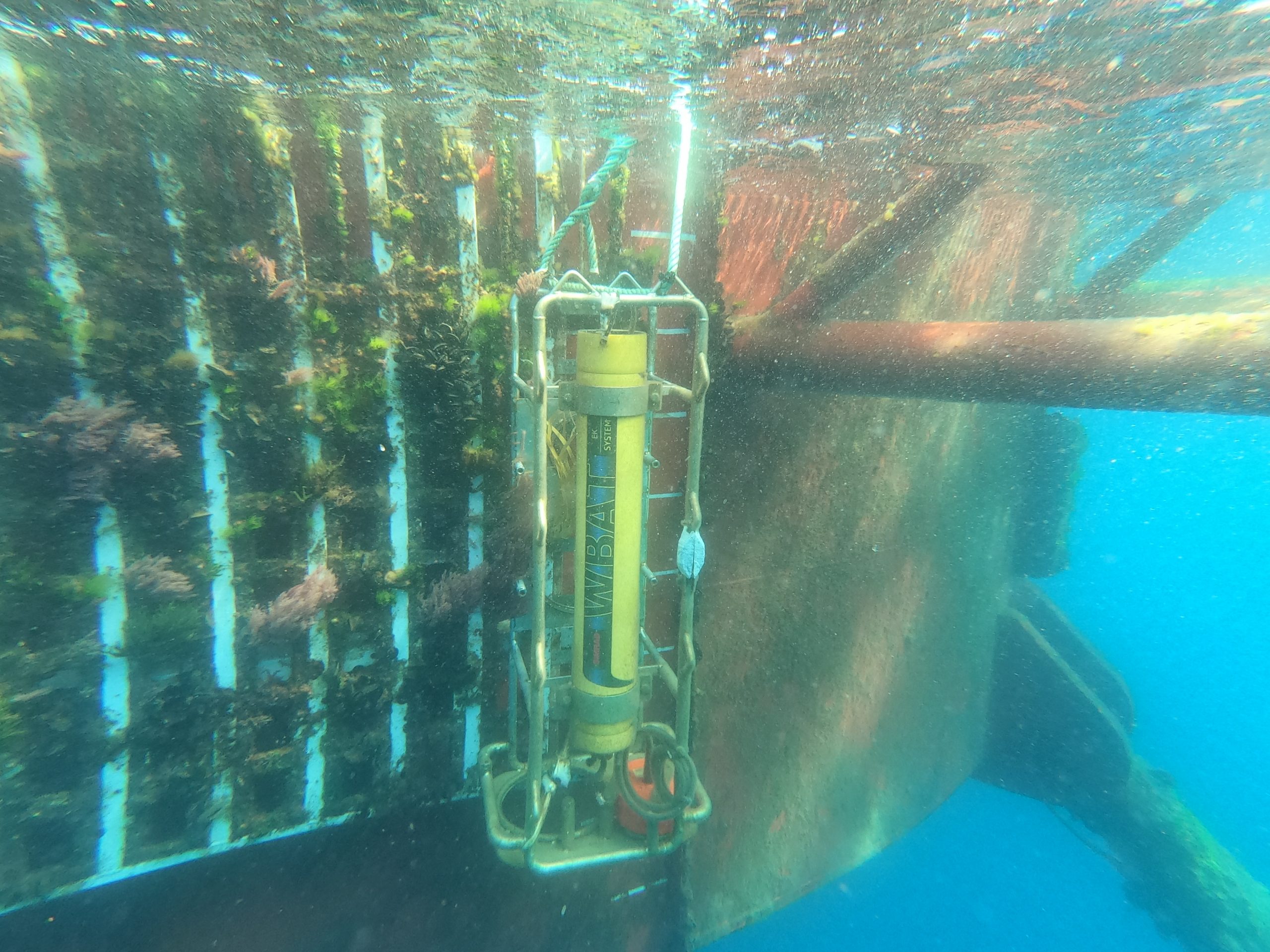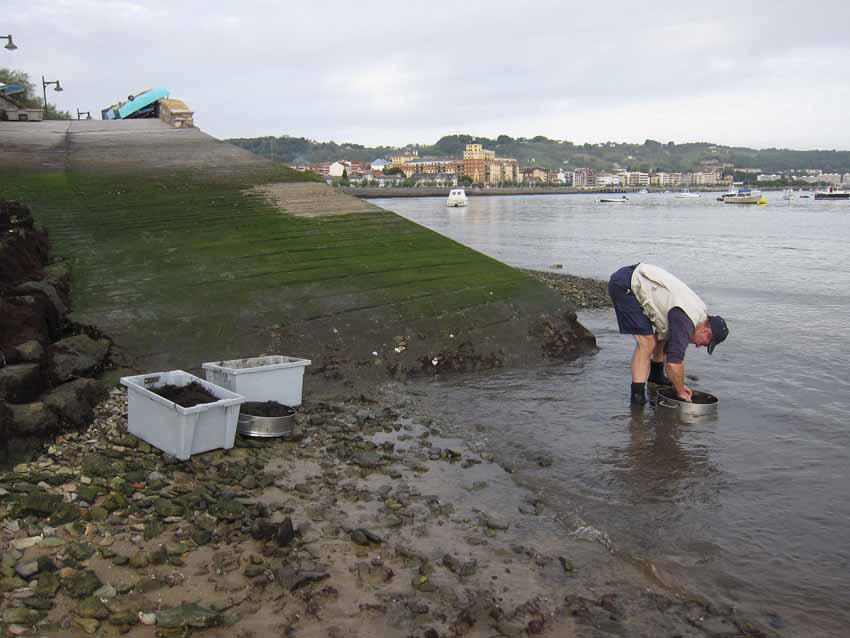The Regions4Climate European project starts in the Basque Country with the recovery of the Plaiaundi marshes in Txingudi
Últimas noticias
Digital Transformation of the Fishing Fleet: AZTI Explores the Future of the Industry with AI and Sustainable Solutions
The replica of the San Juan will set sail on a scientific mission thanks to an agreement between Albaola and AZTI.
Artomaña Txakoli Achieves the Best Enviroscore Category (A), as a Result of Its Environmental Commitment
- The Basque Government’s Director of Natural Heritage and Climate Change, Adolfo Uriarte, and the Basque project´s partners – Azti, Ihobe, Tecnalia and Zabala – visited the intervention area to define the actions to be developed
- The Basque Country will work with a dozen European regions on innovative climate resilience solutions within the framework of the Regions4Climate project
- The Basque pilot project involves the restoration of degraded areas in the Txingudi bay to increase the resilience of the coast against climate change events
- Within the framework of the Regions4Climate project, the Basque Mission for Adaptation to Climate Change will also be deployed with the participation and consensus of all the agents involved, especially citizens and SMEs
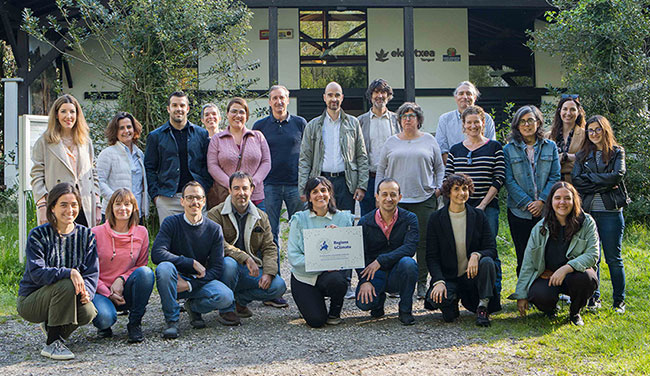
The Director of Natural Heritage and Climate Change of the Basque Government, Adolfo Uriarte, and representatives from AZTI, Ihobe, Tecnalia, and Zabala visited Plaiaundi and Txingudi as part of the European project Regions4Climate and the EU Climate Change Adaptation Mission, where the Basque Country will work with a dozen European regions on innovative solutions for climate resilience. Within the Basque pilot, two main actions will be carried out: the recovery of several marsh areas in the Txingudi Bay and the deployment of the Basque Climate Change Adaptation Mission.
The first of the interventions falls within the actions planned in the Master Plan for the recovery and improvement of the connectivity of the estuary ecosystems of Txingudi, specifically, the area of the San Lorenzo lagoon. This area is an intertidal zone controlled by gates, and the intervention will consist of a comprehensive environmental restoration, removing these gates that currently regulate the entry of brackish water and removing the agricultural land.
The location where the project will be carried out, the bay of Txingudi, was already intervened 25 years ago to bring nature closer to society and fauna. Now, it is expected that the recovery of the original marshland will significantly improve the capacity for resilience against the imminent effects of climate change, and have a positive impact on the biodiversity of the area. In total, 5.5 hectares of land will be recovered.
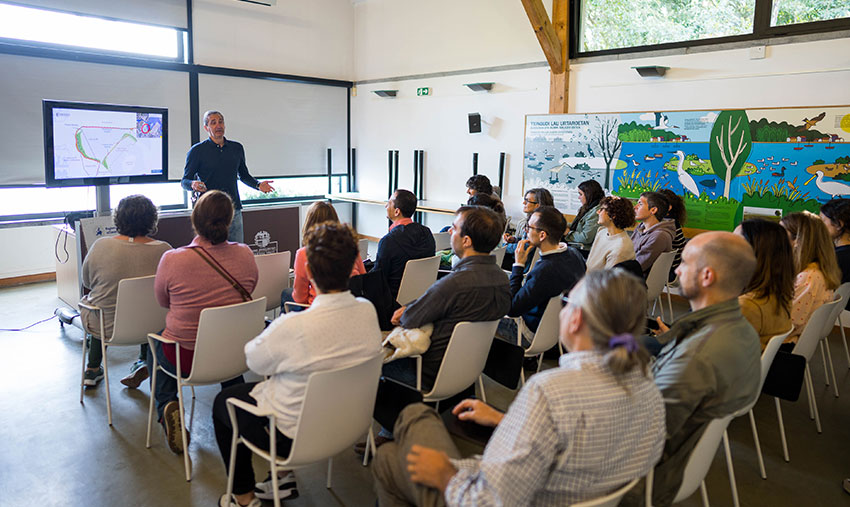
Índice de contenidos
Area of intervention
On Friday, April 21st, the partners of the Regions4Climate project, including AZTI, Tecnalia, Zabala e Ihobe, as well as the Directorate of Natural Heritage and Climate Change of the Basque Government, which is leading the project, visited the intervention area to define the actions that will be needed to achieve the initiative’s goal.
In order to measure the recovery process before, during, and after the project, a cutting-edge monitoring system will also be implemented using fixed cameras will allow for the analysis of the tidal dynamics of the estuary and the floodability of the area. This monitoring system aims to be transferable to future interventions, both in the Basque territory and in other European environments.
The process of involving local actors in Txingudi will be used to extrapolate it to the rest of the territory and address the second challenge of the Basque Country in the Regions4Climate project: the deployment of the Basque Mission for Climate Change Adaptation. With it, it seeks to align the Basque Country’s planning in terms of adaptation with the priorities at European level, especially in terms of financing.
To achieve this, the participation and consensus of all the actors involved will be sought: the public administration, the scientific-technological sector, the business sector, with special attention to the involvement of citizens and Basque SMEs.
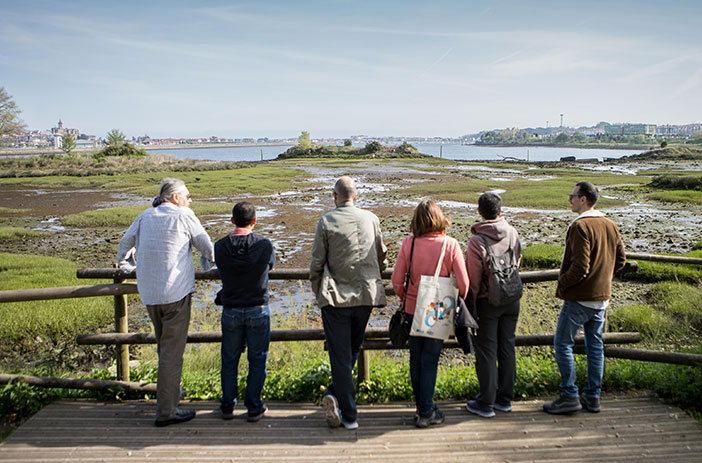
Regions4Climate, building resilient communities
Within the framework of the EU Climate Change Adaptation Mission, helping launch the European Green Deal, in January 2023 the Regions4Climateproject began involving 12 European regions – among them, the Basque Country – in the development and testing of their own resilience plans and pathways of transformational adaptation, enhanced by cross-border collaboration and knowledge exchange.
Under the motto ‘creating resilient communities’, this new project aims to ultimately improve climate resilience for the development and testing of its own plans and transformational adaptation pathways. In this framework, the Basque Country will be able to share its experiences and learn from the actions carried out by the other regions involved over the next five years.
The Basque representation of the Regions4Climate project consortium is led by the Department of Economic Development, Sustainability and Environment and Ihobe, the Basque Government’s Public Environmental Management Company together with the AZTI technology centres, Tecnalia Research and Innovation and Zabala Innovation Consulting, which will support other European regions from their extensive experience to better understand the complexity of climate risks and apply lessons learned from other reference regions.
The actions to be carried out on the Basque-French coast include the development of real-time flood risk monitoring tools that will involve the installation of coastal videometry systems and the development of numerical models aimed at predicting the overflow of structures due to waves in two locations: one urban, in the bay of San Juan de Luz, and the other natural, the beach of Erromardie in the same town; as well as active protection with the deployment of breakwaters and the reinforcement of natural barriers to dissipate wave energy.
The Regions4Climate project, coordinated by VTT Technical Research Centre of Finland, has received a total grant of EUR 24,522,103.00 from the European Commission under the Horizon Europe research and innovation program, addressing the theme “Large-scale climate resilience demonstrators for cross-border value creation” under agreement no. 101093873 HORIZON-MISS-2021-CLIMA-02-04.
